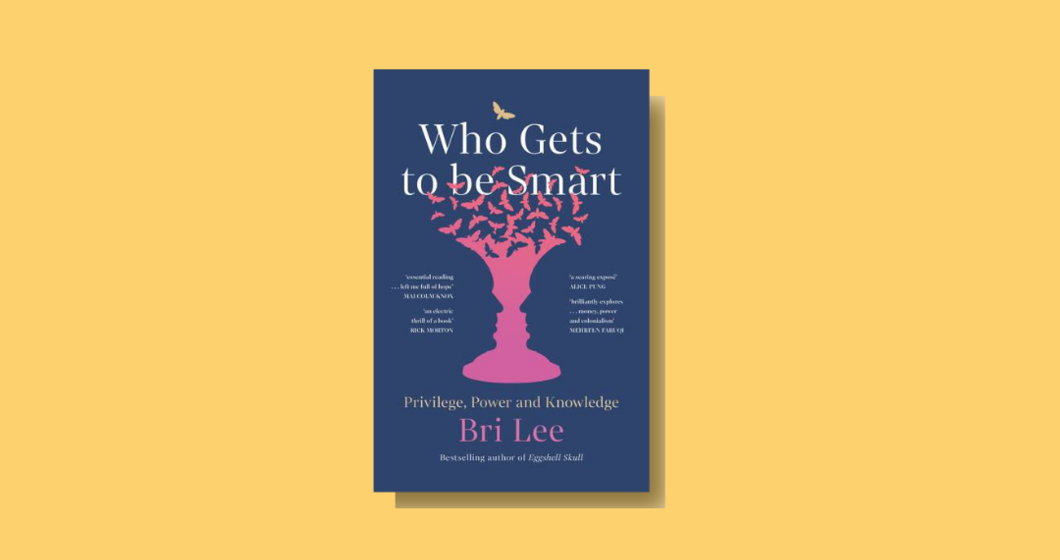For most aspiring lawyers, academic achievement is par for the course – and important for getting into the right one. Yet in the shadow of a growing understanding of the societal restrictions and narrow definitions of beauty, little attention is paid to the structures that allow any of us to be declared “smart”. Sometimes those structures are physical. When standing before a statue of Cecil Rhodes while visiting a friend studying at Oxford, Bri Lee thinks “the foundations laid, and built upon, layer after layer, over generations. And for whom?”
Other structures remain in place by virtue of their invisibility and inevitable chain of succession. It is here we sink into the sinew of our elite educational institutions in Who Gets to Be Smart. Lee, lawyer and writer, delivers a forensic and hard-hitting exploration of knowledge, power and priv-ilege, in her most mature work to date. From education and science, biology to kyriarchy, politics, language and a deeply necessary final chapter on 2020, Lee clearly has done her research—and readers will leave these pages richer for it.
Lee mines the history behind preoccupation with intelligence. While often thesis-like, there are enough splashes of dry wit to keep the text from feeling like a lesson. A touch of self-deprecating humour shines in a stanza expressing her contempt for Homer Simpson and The Dude from The Big Lebowski. It’s hard not to smile at her competitive frustration at Damien, the Rhodes Scholar, who always remembers to pack dental floss on a short trip away and never buys a bruised avocado.
Those who have read her earlier books, Eggshell Skull and Beauty, know Lee isn’t afraid to put herself under the microscope. Throughout this one, she never loosens grip in examining this internal intellectual struggle: when we know the system is rigged, why do we still want so badly to triumph anyway?
Bri Lee discusses her new book and her response to the NSW Government’s proposed consent law change in a new episode of LSJ’s JustChat podcast, coming June 15.




